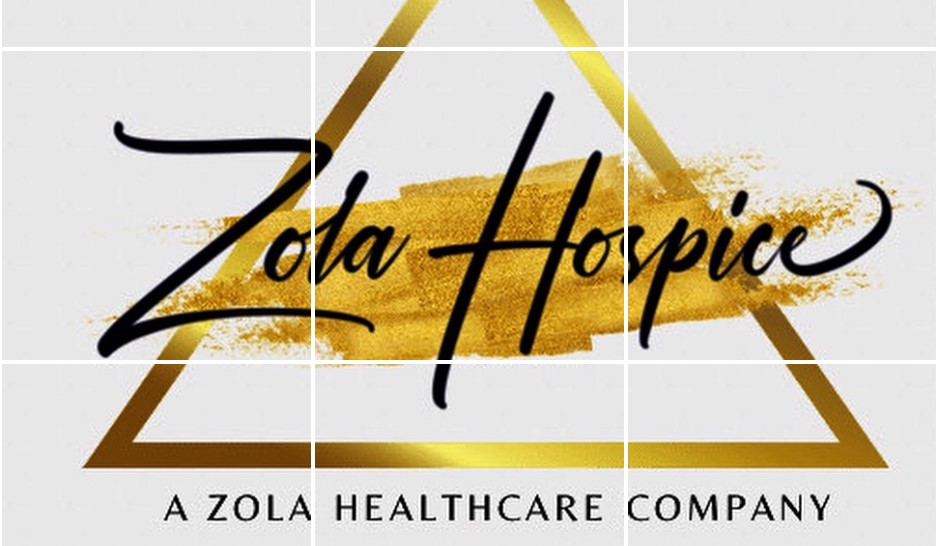In recent years, hospice care, designed to offer compassionate support to terminally ill patients and their families. One such case revolves around Zola Hospice, an organization once regarded as a beacon of care for the terminally ill. However, allegations of fraud within Zola Hospice have raised serious concerns about the exploitation of vulnerable patients and systemic failures in the oversight of healthcare providers.
This article examines the fraud allegations against Zola Hospice, the broader implications for the hospice industry, and the steps being taken to prevent future cases of fraud.
The Zola Hospice Fraud Scandal
The Zola Hospice fraud case surfaced when whistleblowers, including former employees, accused the company of engaging in fraudulent practices to boost revenue. The core allegations involved manipulating Medicare claims and enrolling patients who were not terminally ill to take advantage of federal hospice benefits.
Key Allegations:
- False Patient Enrollment: Zola Hospice allegedly enrolled patients in hospice care who did not meet the Medicare requirement of having a life expectancy of six months or less. The goal was to bill Medicare for services that should not have been provided, resulting in millions of dollars in overpayments.
- Unnecessary Medical Services: The hospice is accused of ordering excessive and medically unnecessary services, inflating costs for Medicare reimbursements. Some patients received treatments beyond the scope of palliative care, which is meant to focus on comfort rather than curative measures.
- Falsified Documentation: Whistleblowers have claimed that medical records were altered to justify hospice care eligibility. Doctors allegedly signed off on false medical certifications, which allowed Zola Hospice to continue billing Medicare for patients who did not require end-of-life care.
- Financial Incentives for Enrolling Patients: Reports indicated that employees were incentivized to enroll as many patients as possible, regardless of their medical condition. The company allegedly offered bonuses and commissions to those who brought in more patients, prioritizing profits over patient welfare.
The Impact on Patients and Families
The fraudulent practices of Zola Hospice had a profound impact on patients and their families. Many families believed their loved ones were receiving necessary end-of-life care, only to discover that their relatives were not terminally ill. This not only undermined trust in the healthcare system but also led to unnecessary emotional distress for those involved.
Moreover, genuine hospice patients may have received substandard care as the organization focused on increasing enrollment rather than providing high-quality care. Hospice care should emphasize dignity, comfort, and compassion in the final stages of life, but Zola’s practices reportedly eroded that essential mission.
Legal Ramifications and Regulatory Response
The Zola Hospice fraud case prompted federal investigations, with the U.S. Department of Justice (DOJ) stepping in to address the misuse of Medicare funds. Multiple lawsuits were filed, and the organization faced heavy fines and penalties. Several executives and healthcare professionals linked to the fraud faced criminal charges, ranging from conspiracy to commit healthcare fraud to making false statements in healthcare matters.
In response, the Centers for Medicare & Medicaid Services (CMS) has tightened its regulations surrounding hospice care. These measures include:
- Enhanced Auditing: CMS has increased oversight and audits of hospice providers to ensure that only eligible patients receive Medicare-funded care.
- Stricter Eligibility Requirements: New guidelines have been implemented to ensure that hospice providers follow stricter protocols when determining patient eligibility.
- Improved Whistleblower Protections: Whistleblowers played a crucial role in exposing Zola Hospice’s fraudulent practices, and stronger protections have been enacted to encourage more insiders to report suspicious activity without fear of retaliation.
Implications for the Hospice Industry
The Zola Hospice scandal has cast a shadow over the entire hospice care industry. Raising questions about whether other providers are engaging in similar fraudulent activities. Public trust in hospice services has been shaken, and patients may now hesitate to seek this crucial care out of fear of exploitation.
Healthcare fraud cases like this one highlight the delicate balance between for-profit healthcare and ethical medical practices. While hospice care should offer a refuge for the terminally ill. Fraud threatens to compromise its integrity, leaving patients at risk of mistreatment.
The case also reinforces the importance of vigilant oversight, ethical conduct, and stringent penalties. For those who seek to profit at the expense of patient care.
Conclusion
The Zola Hospice fraud case is a stark reminder of the potential for abuse in healthcare systems. Especially when financial incentives conflict with the well-being of patients. Although the scandal has led to tighter regulations and greater awareness of hospice fraud. It has also damaged trust in an essential service designed to support individuals at the end of their lives.
Going forward, both healthcare professionals and regulatory bodies must work together. To prevent such abuses and ensure that hospice care fulfills its true purpose. Providing compassionate, high-quality care to those in their final stages of life. Only by holding fraudulent providers accountable and strengthening oversight can the industry restore faith in hospice services.










